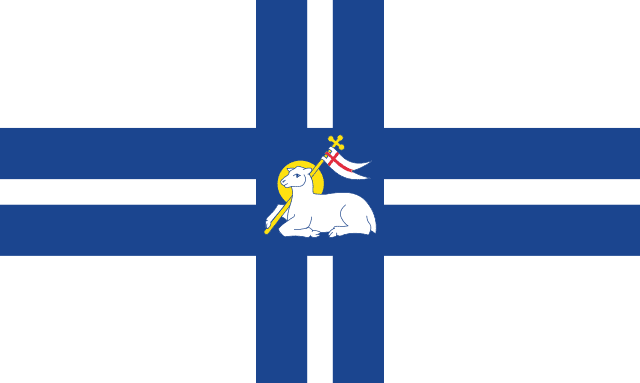
Francisco de Zurbarán (d. 1664); Wikimedia Commons public domain
Agnus Dei, qui tollis peccata mundi (“Lamb of God, who taketh away the sins of the world”)
Mosiah 14, today’s reading, is simply Abinadi’s quotation of the “Suffering Servant” poem from what we now know as Isaiah 53.
Jews have often taken the poem to refer to personified Israel, while Christians have typically interpreted it messianically, as a moving description of Christ as atoning savior.

Note the fact that both we and and the Redeemer are compared to sheep — we because of our erring ways and our tendency to become lost, and he because of his innocence and his patient silence in the face of undeserved suffering:
All we, like sheep, have gone astray; we have turned every one to his own way; and the Lord hath laid on him the iniquities of us all. He was oppressed, and he was afflicted, yet he opened not his mouth; he is brought as a lamb to the slaughter, and as a sheep before her shearers is dumb so he opened not his mouth. (Mosiah 14:6-7)
I think this is another way of saying that he took upon himself our nature, that he became human like us. And that is the way in which he constructs a bridge between us and the Father:
God the Father <> God the Son, made flesh <> We humans
Otherwise, there would be an unbridgeable gulf between fallen, mortal, errant humans, on the one hand, and, on the other, the exalted, immortal, perfect Father.
“God became man,” said the ancient Christian fathers, “so that man might become God.”










